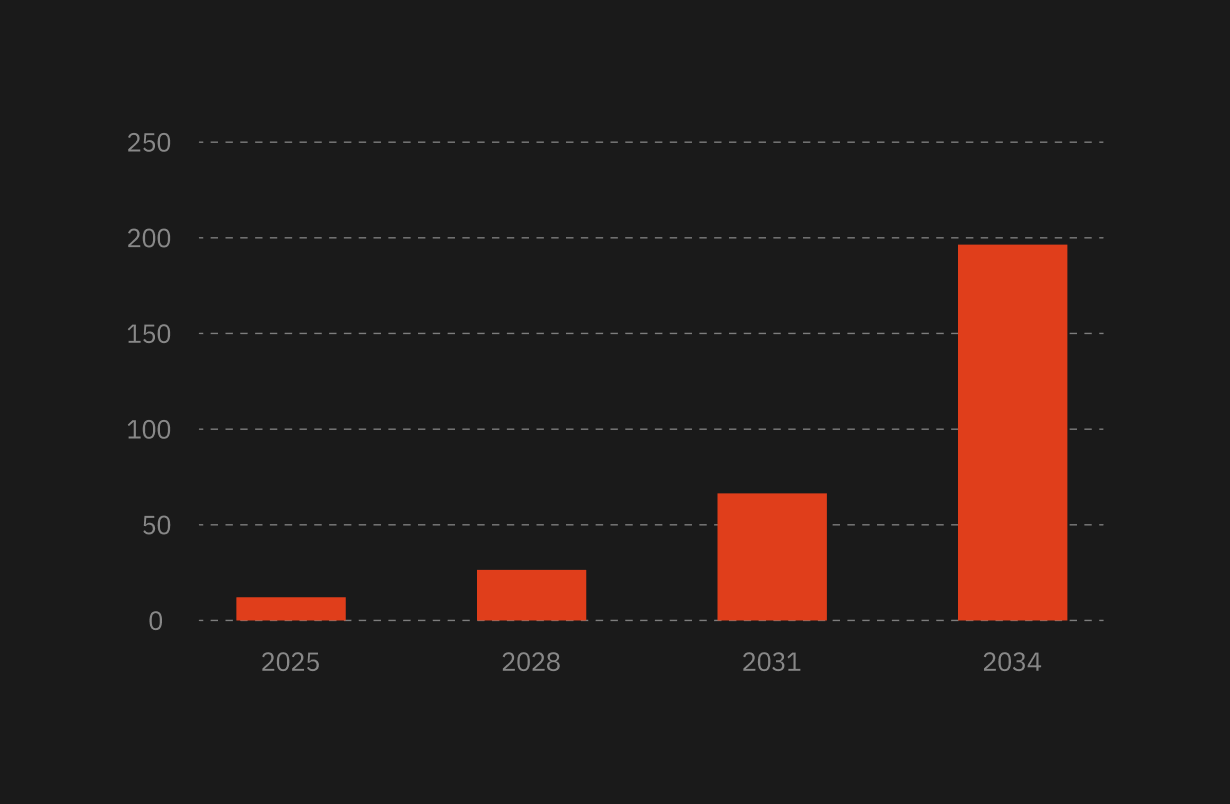Nowadays, managers face the daunting task of juggling multiple responsibilities while ensuring team cohesion and progress. Yet, in the midst of these challenges, one obstacle looms large: the constant struggle to stay ahead with the right skills.
In this article, we delve into these challenges, providing insights into how managers can navigate these obstacles and chart a path toward their professional development.
Diverse Knowledge Portfolio
At MEV, we value our managers' diverse skill sets and prioritize fostering an environment of mutual learning and growth. Each manager brings a unique blend of soft and hard skills to the table, cultivating a rich and dynamic team culture.
The following skills empower great managers to navigate their roles effectively:

Project Management
As the manager of the software project, it’s important to create a detailed project plan outlining tasks, timelines, and team allocation. This role also needs to assess potential risks, such as technical challenges or changes in client requirements, and develop strategies to mitigate them. Managers also must ensure that the project meets quality standards by implementing thorough testing and review processes. Effective communication with team members and stakeholders is essential to keep everyone aligned and informed throughout the project.

Product Development
Great managers need to utilize agile methodologies like Scrum to break down the project into manageable tasks and prioritize them based on customer needs and feedback. With a focus on value proposition and product thinking, managers constantly analyze user behavior and iterate on features to improve the overall user experience. These individuals also employ behavior-driven development (BDD) and test-driven development (TDD) techniques to ensure that the software meets functional requirements and is free of bugs.
Team Management
Project or delivery managers are responsible for fostering a collaborative and productive work environment. They build trust and rapport among team members by encouraging open communication and constructive feedback. When conflicts arise, they step in to mediate and resolve them promptly, ensuring that everyone remains focused on the project goals. Through coaching and mentorship, managers help their team members develop skills and reach their full potential, ultimately driving synergy and cohesion within the team.
Account Management
Managers identify key stakeholders within client organizations and establish strong relationships with them to understand their needs and expectations. They build trust and confidence in your services by proactively addressing client concerns and providing regular updates on project progress.

Communication
Managers employ various communication skills to convey complex technical concepts to non-technical stakeholders. Whether delivering a presentation to executives, negotiating project timelines with clients, or facilitating team meetings, they communicate with clarity and confidence. Strong managers use non-violent communication techniques to defuse tense situations and foster a collaborative atmosphere where everyone feels heard and valued.
Problem-Solving
If they encounter a critical issue, managers quickly identify the root cause by analyzing log files and running diagnostic tests, then devise a solution to mitigate the issue and restore service stability. Throughout the process, managers monitor solution execution and adjust as needed to ensure optimal results. A manager’s ability to think critically and act decisively under pressure enables them to overcome the problem and minimize disruption to the project.
Operational Efficiency
When managing a team of developers working on multiple projects simultaneously, it’s essential to ensure operational efficiency. One way to do this is with time-tracking tools, clear project timelines, and milestones. Managers should explore innovative tools and methodologies to streamline workflows and automate repetitive tasks, freeing up valuable time for more strategic activities. By maintaining a focus on operational efficiency, managers can optimize productivity and deliver projects on time and within budget.
Learn more about the soft skills to prioritize in a high-performance engineering team.
Programming Knowledge
While coding skills aren't a must, knowing a bit can make a big difference and often enhance the value to both the team and clients. This proficiency facilitates smoother communication, explanation of complex concepts, collaboration with development teams, and exploration of potential solutions. However, it's crucial to note that delivery managers without technical backgrounds excel in their roles, emphasizing the significance of a diverse skill set within the team.
Essential Technical Competencies
In addition to understanding the fundamental technical competencies outlined earlier, managers in the IT industry benefit from a deeper comprehension of various specialized areas. These essential technical competencies play a crucial role in facilitating effective project management and ensuring successful outcomes in complex software development environments.

Continuous Integration and Continuous Delivery (CI/CD)
Managers recognize that CI/CD principles and practices are vital for streamlining software development. Their knowledge of automated testing, version control, and deployment pipelines enables them to deliver high-quality software efficiently and quickly.
Development Stack Differentiation
Managers understand the distinctions between backend and frontend development, as well as emerging technologies in no-code and low-code development. This understanding allows them to make informed decisions that drive project success.
Version Control Systems
A manager’s proficiency in version control systems like GitFlow for managing codebase changes, collaborating with development teams, and ensuring code quality and stability throughout the project lifecycle enhances project transparency and collaboration. Ideally, managers are familiar with branching strategies, pull requests, and code reviews.
Unit Testing and Automated Testing
Strong managers understand the importance of unit testing and automated testing in ensuring software reliability and maintainability. Their knowledge of testing frameworks, test automation tools, and test-driven development (TDD) practices empower you to advocate for comprehensive test coverage and quality assurance processes.
Software Architecture
A great manager has a solid understanding of software architecture and familiarity with architectural patterns, microservices, and cloud-native architectures, which facilitates effective communication with development teams and stakeholders.
Best Practices for Code Review and Coding
Effective managers promote a culture of code review and adherence to coding best practices within their teams. Their knowledge of coding standards, code review processes, and code quality metrics fosters collaboration, code maintainability, and knowledge sharing among team members.
Emerging Technologies and Trends
Managers stay abreast of emerging technologies and industry trends to anticipate future challenges and opportunities. Their awareness of trends such as artificial intelligence, machine learning, blockchain, and cybersecurity equips them to adapt project strategies and leverage innovative solutions effectively.
Align with the Company’s Core Values
In addition to technical skills, MEV team members align with our company’s core values, which guide our approach to work and collaboration. We prioritize the following core values when hiring managers and other team members.

Adult Approach
We prioritize responsibility, honesty, and open communication in our work commitments. This means acknowledging personal limitations, setting realistic expectations, and addressing challenges openly to foster a culture of trust and accountability.
Pragmatic Approach
We solve problems objectively, relying on facts rather than assumptions. By resisting prejudice and preconceived notions, we create a workplace where decisions are based on merit, promoting collaboration, and harnessing the team's collective intelligence.
Craftship Approach
We are dedicated to quality work, continuous improvement, and knowledge sharing. We take pride in delivering excellence and fostering a culture of professionalism and growth.
Forever Learners Approach
We embrace feedback, seek continuous improvement, and foster a culture of innovation. With a growth mindset, we view challenges as opportunities for learning and development, constantly seeking new knowledge and experiences to enhance our expertise.
Great Allies Approach
Collaboration is key to success; we believe in cooperation, mutual support, and fostering long-term relationships. By embracing a collaborative mindset and seeking win-win scenarios, we harness the collective talents and strengths of our team to achieve shared success and sustainable growth.
Whether you're a seasoned pro or just starting out, remember this: the journey to success is paved with learning and growth. With the right skills and mindset, there's no limit to what you can achieve in your career.
Get ready to soar when you join our team at MEV — browse open roles.



.jpg)



.png)
.png)
.webp)


%20(1).jpg)





